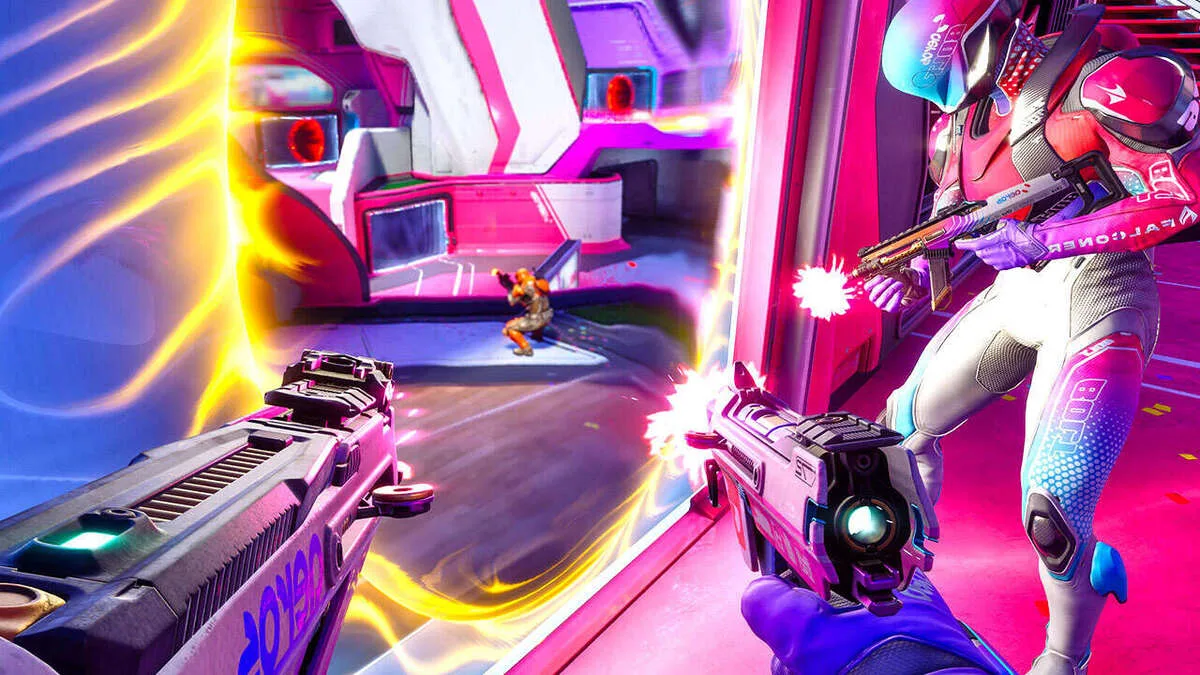In a move that’s as surprising as it is sobering, developer 1047 Games has announced that Splitgate 2 is “going back to beta” less than two months after its full launch. For longtime fans of the portal-infused arena shooter, this decision feels like déjà vu—except this time, the stakes are higher, the ambitions grander, and the consequences more severe.
Splitgate began as a scrappy indie darling in 2019, blending Halo-style gunplay with Portal-inspired traversal mechanics. Its unique gameplay loop earned it a cult following, especially during its explosive growth in 2021 when server queues stretched for hours. 1047 Games, then a small team operating out of dorm rooms, suddenly found themselves at the helm of a breakout hit.
But success came with growing pains. The original Splitgate struggled with content droughts, monetization missteps, and technical limitations. Still, the community stuck around, hopeful that the sequel—Splitgate 2—would deliver on the promise of a polished, feature-rich evolution.
Launched on June 6, 2025, Splitgate 2 was meant to be the studio’s magnum opus. It introduced new competitive modes, a battle royale variant, a custom map creator, and a slew of monetization features. But instead of feeling expansive, the game felt bloated. Players criticized the confusing progression system, lack of basic features like leaderboards, and a monetization model that felt more exploitative than rewarding.
CEO Ian Proulx admitted candidly that the game “launched too early” and that the team “bit off more than [they] could chew.” The studio is now hitting the reset button, returning to beta until early 2026 to rework progression, simplify monetization, and refocus on classic arena gameplay.
The fallout has been significant. 1047 Games is laying off 45 employees—nearly 30% of its workforce—and shutting down servers for the original Splitgate to conserve resources. While the sequel will remain playable and Chapter 3 of its battle pass will still roll out, the studio is clearly in triage mode.
This isn’t just a technical pivot—it’s a cultural one. The team is recommitting to community-first development, promising more playtests, surveys, and transparency. But whether this will be enough to rekindle trust remains to be seen.
Splitgate 2’s stumble is emblematic of a broader trend in the live service space: the rush to launch, the pressure to monetize, and the challenge of maintaining player engagement. It’s a reminder that even beloved mechanics and strong gameplay foundations can falter under the weight of unchecked ambition.
For fans of arena shooters and thoughtful game design, this moment is bittersweet. Splitgate still has the potential to be a genre-defining experience—but only if 1047 Games can recapture the spirit of its original success without losing sight of what made it special in the first place.
Let me know if you’d like a Spanish version, SEO tweaks, or a social media teaser to go with it!
